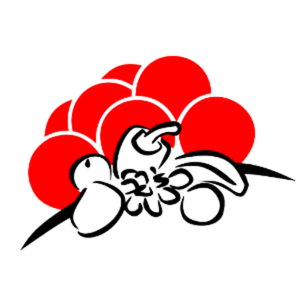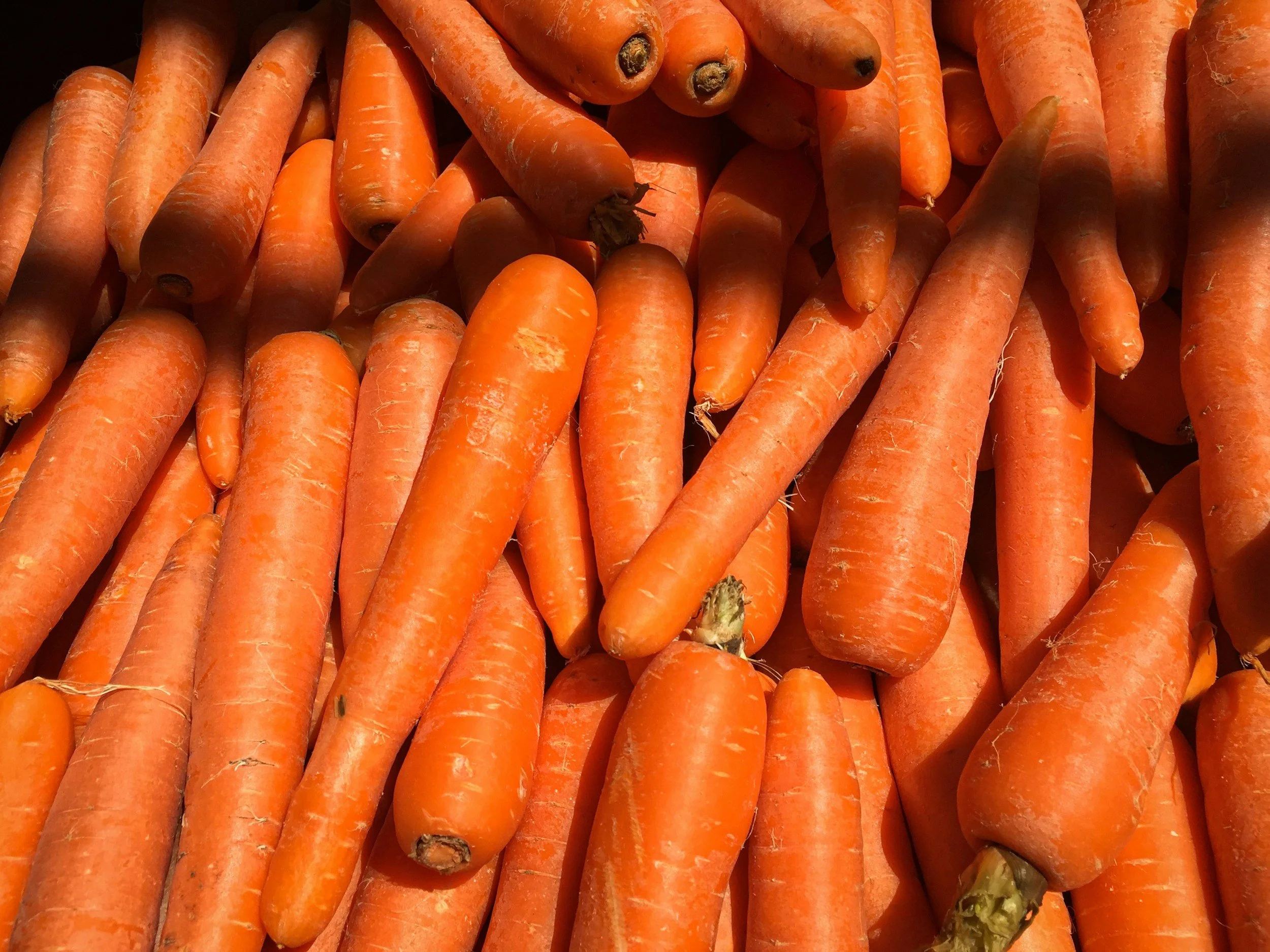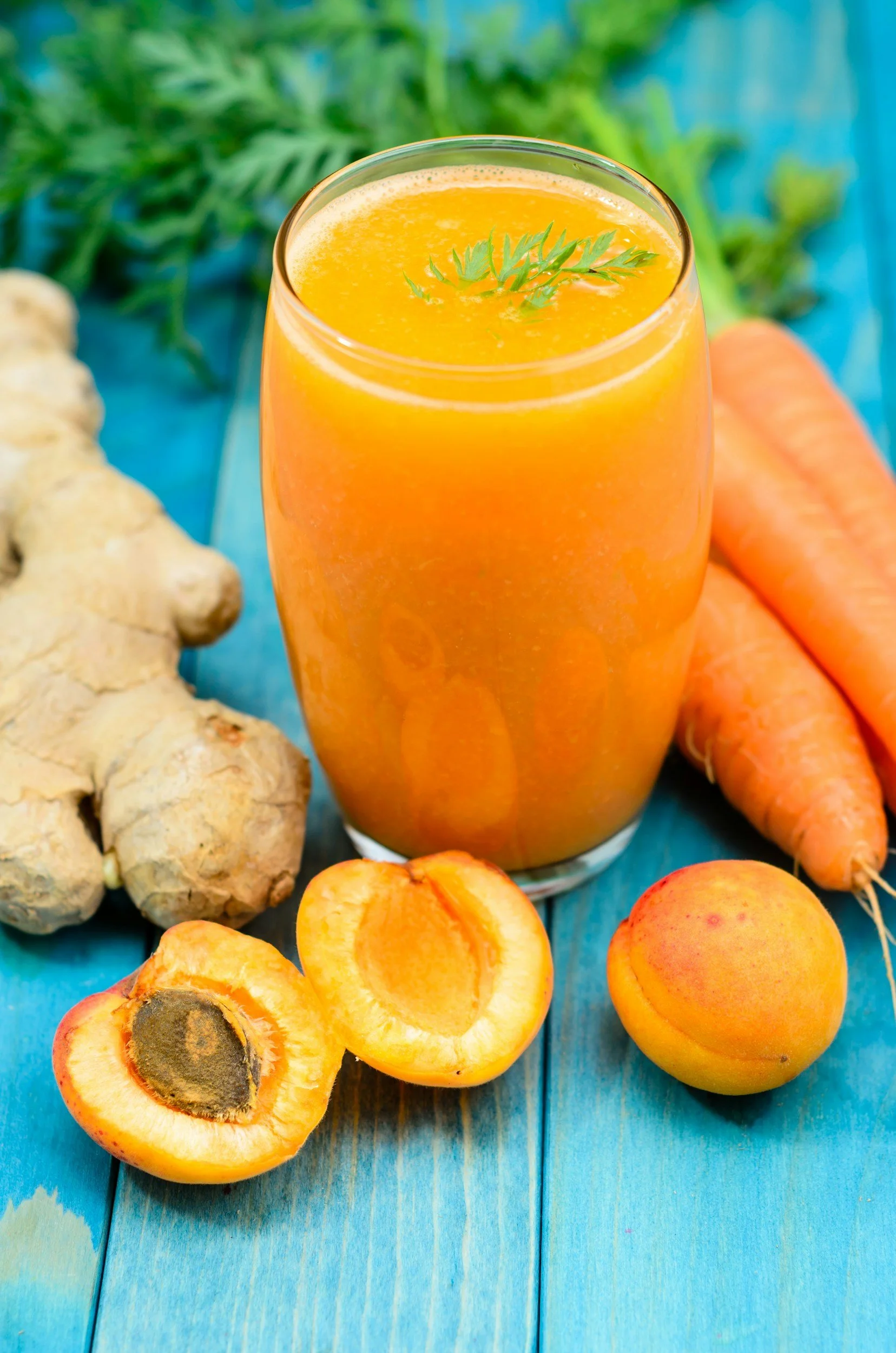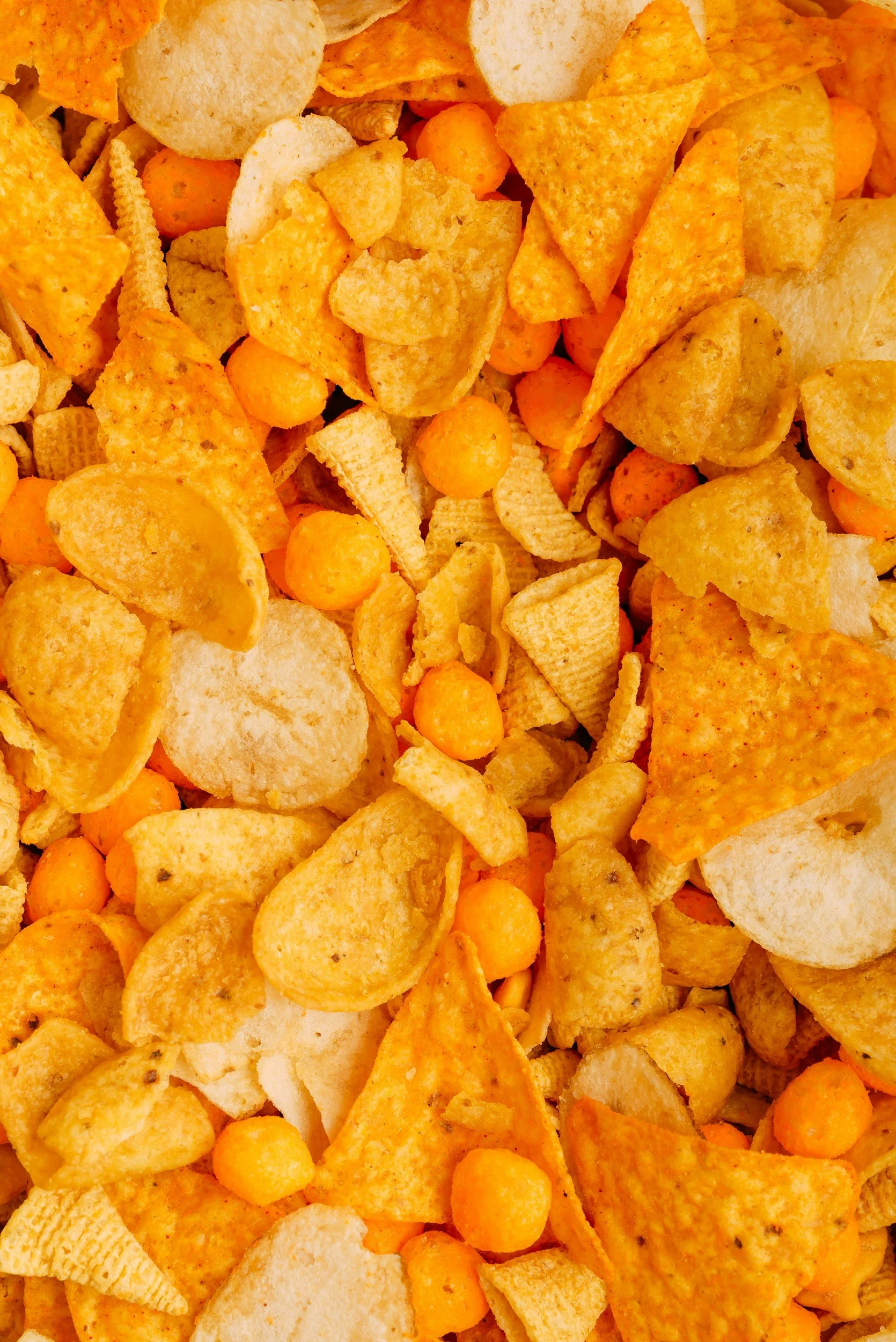Carotene
Bright orange from nature’s most iconic pigment
Carotene is a naturally occurring pigment found in many orange and yellow fruits and vegetables—most famously in carrots, but also in pumpkins, sweet potatoes, and palm oil. For food color production, beta-carotene is typically extracted from carrot concentrate, Blakeslea trispora fermentation, or sustainable palm oil sources.
Depending on the origin, carotene can be obtained through cold pressing (for oils), solvent extraction, or fermentation, followed by purification and concentration. The pigment is oil-soluble by nature but can be formulated into emulsions or powders for use in water-based systems. Beta-carotene offers excellent heat and light stability and is relatively resistant to oxidation when protected with antioxidants. Its bright orange tone remains stable across a wide pH range, making it a versatile and widely accepted natural color.
Technical Notes:
pH stability: Good across most ranges
Light stability: Moderate – better in opaque packaging
Heat stability: Good in most processes
Solubility: Oil-soluble; emulsions available for water-based systems
Applications:
Beverages: Juices, smoothies, soft drinks
Dairy & Ice Cream: Cheese, yogurt, ice cream
Bakery: Bread, pastries, biscuits
Confectionery: Gummies, sugar coatings, chocolate inclusions
Savoury: Sauces, soups, seasonings
Other: Nutraceuticals, supplements, margarine





